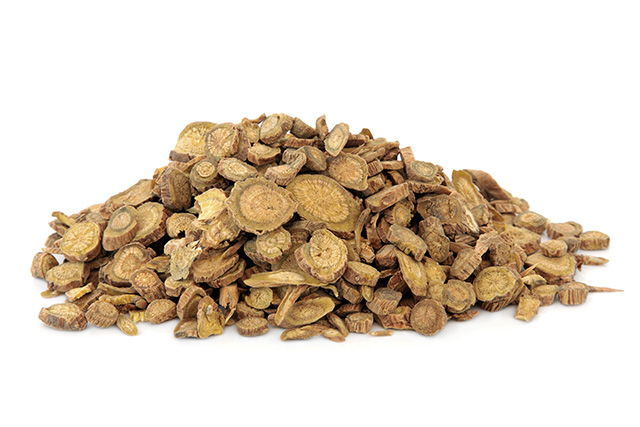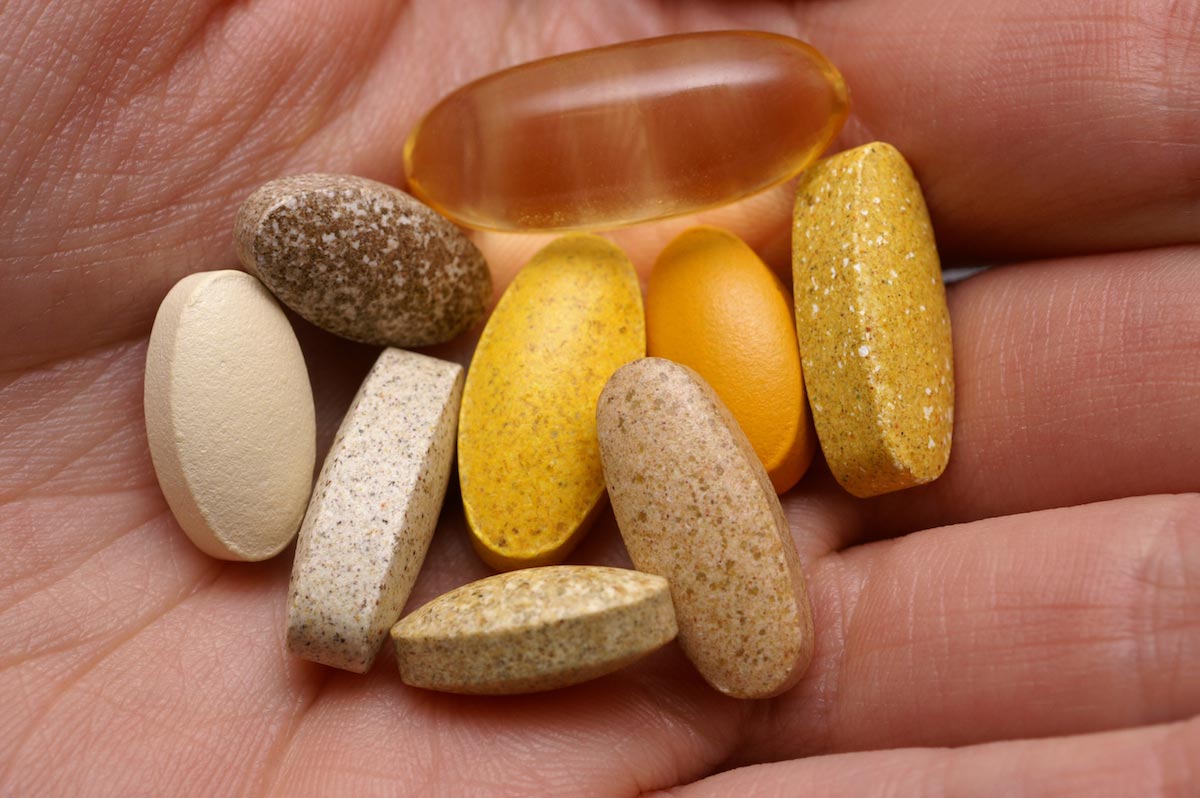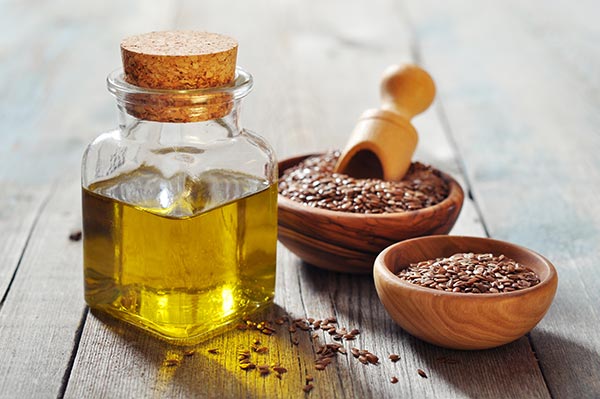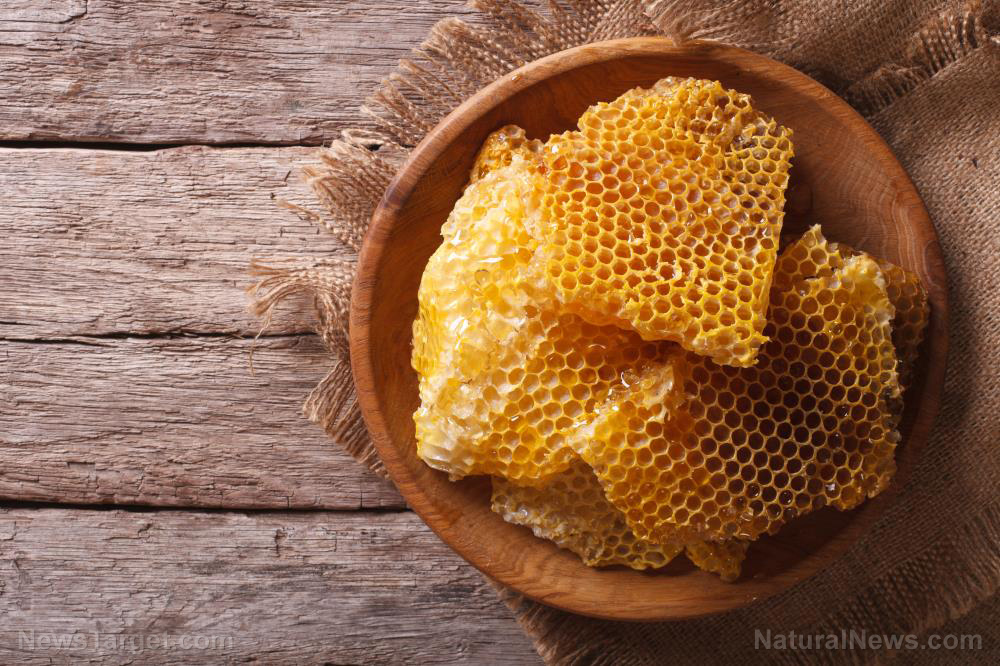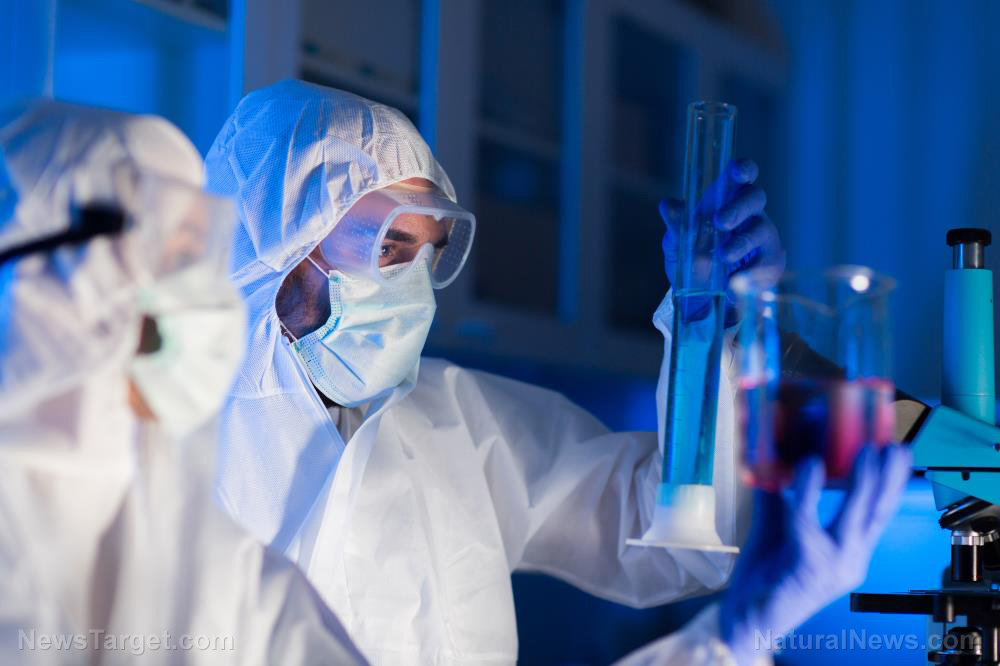Age and breast cancer: Limit alcohol consumption and exercise regularly to lower cancer risk, say scientists
05/18/2020 / By Divina Ramirez

Neither alcohol nor age is the leading cause of breast cancer, but these factors do contribute to the likelihood of developing it in later years. A recent review showed that alcohol consumption is consistently associated with an increased risk of breast cancer.
The review, published in Women’s Health, also revealed that the period between a woman’s first occurrence of menstruation and her first pregnancy represents a window of time when breast tissue is more susceptible to carcinogens, such as those found in most alcoholic beverages.
What is breast cancer?
Breast cancer is the second most common type of cancer among women in the U.S., according to the Centers for Disease Control and Prevention (CDC). In fact, about one in eight American women is expected to develop invasive breast cancer at some point.
In women with breast cancer, breast cells tend to grow abnormally. These cells divide faster than healthy cells and continue to accumulate, which eventually leads to the formation of lumps, or tumors. If left untreated, these cancer cells may spread to nearby parts of the body like lymph nodes, lungs and liver, where they can cause similar damage. (Related: TCM herbal formula found to stop metastatic breast cancer from spreading.)
The risk of breast cancer is typically linked to genetics. A woman’s risk of breast cancer nearly doubles if her biological grandmother, mother, aunt or sister are diagnosed with the disease. In such cases, breast cancer is typically caused by gene mutations that have been passed down. That being said, less than 15 percent of women who dek,velop breast cancer have a family member diagnosed with it.
Surprisingly, about 85 percent of breast cancers occur in women who have no family history of the disease. In these cases, genetic mutations and cellular damage happen as a result of poor nutrition, poor lifestyle habits and old age, all of which make the body susceptible to carcinogens.
The link between alcohol consumption and breast cancer
The International Agency for Research on Cancer (IARC) has classified alcohol as a class one carcinogen since 1988. By definition, class one carcinogens are substances that are proven to cause cancer, often by causing significant damage to DNA strands.
To determine how alcohol consumption affects breast cancer risk, researchers of the Women’s Health review analyzed the data of several epidemiologic studies that evaluated alcohol consumption in relation to breast cancer risk. They found that a majority of the epidemiologic studies reported that recent alcohol consumption was greatly associated with an increased risk of breast cancer.
Meanwhile, women who started to drink at an early age had a 34 percent increased risk of breast cancer for every 13 g of alcohol per day. These findings suggest that breast cancer prevention efforts should begin early in life. Additionally, women ought to abstain from frequent and excessive alcohol consumption to minimize the risk of breast cancer.
The risk for breast cancer increases with age
Whether or not you drink alcohol, the risk of breast cancer generally increases with age. Over time, the body naturally weakens, and abnormal changes in cells become more likely to occur.
Because of this, breast cancer is especially common in women over the age of 50 years. According to the National Cancer Institute (NCI), doctors often diagnose breast cancer in women between 55 to 64 years.
Still, there are several ways you can minimize breast cancer risk and delay its onset, even in later years. Regular exercise, for instance, may help reduce breast cancer risk after menopause since it keeps the immune system in good shape.
Exercise also allows you to maintain a healthy weight, which helps prevent the onset of chronic diseases linked to breast cancer including obesity and cardiovascular disease. Additionally, stay away from unhealthy foods, such as processed meats and refined sugar, that increase the risk of certain cancers including those of the stomach and colon.
Visit CancerCauses.news for more stories on breast cancer causes and risk factors.
Sources include:
Tagged Under: aging, Alcohol, anticancer, biomedical research, breast cancer, cancer cures, immune system, longevity, old age, prevention, remedies, women's health
RECENT NEWS & ARTICLES
AntiCancer.News is a fact-based public education website published by AntiCancer News Features, LLC.
All content copyright © 2018 by AntiCancer News Features, LLC.
Contact Us with Tips or Corrections
All trademarks, registered trademarks and servicemarks mentioned on this site are the property of their respective owners.



